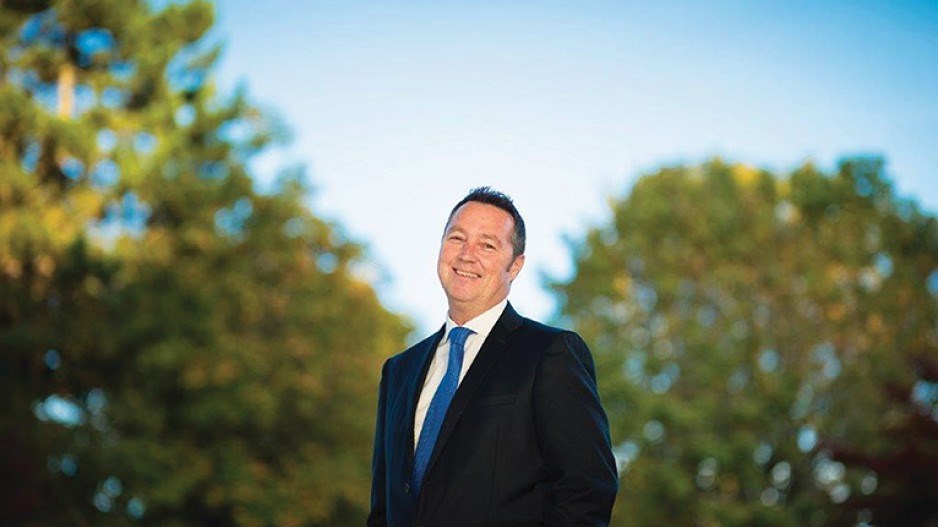Elvio Pecchia, general manager and chief administrative officer at Pitt Meadows Regional Airport, obtained his Red Seal cooking certification at a young age but couldn’t see himself working in a kitchen for the rest of his life.
After getting into the aviation industry and working his way from the ground up, Pecchia realized that as he progressed, technology and processes were advancing beyond his grasp.
“There would be areas I was moving into where my knowledge was dated, or it was an area of new technology processes that weren’t as prevalent in the business world before,” Pecchia said.
After building his skills through multiple roles, Pecchia decided that he needed something more to grow, so he enrolled in a certificate program at Simon Fraser University (SFU).
“Thirty years ago, business was quite different to how it is today, and I don’t think a traditional business degree 30 years ago would have carried me very far,” he said. “What [a certificate] did was that I could pick and choose as I developed personally and got promoted, to also then fulfil an overall program that I wanted to achieve in a time frame that suited me.”
In a certificate program from SFU, students can choose to take courses at their leisure and, provided they complete them within five years, can apply for the final project and then graduate with their certificate.
“You need to keep up on trends if you want to be an effective leader – you need to keep up on where industry technology is going,” Pecchia said.
Elvis Chan, a graduate of SFU’s risk management certificate program, had a similar problem.
Chan had worked as a claims adjuster but realized if he wanted to move into a more senior position, he needed to stand out.
“If I wanted to be a director, I would need to add designations I didn’t have,” Chan said.
After obtaining his certificate, Chan found he had the confidence to move into a more senior management role. He is now an assistant manager of risk financing and loss control at the City of Vancouver.
Filling a knowledge gap and gaining skills he hadn’t had before were important for career growth, but continuing education is also a way for outsiders to break into the network of their prospective industry, he said.
“If it wasn’t for this program I wouldn’t have gotten to know certain individuals who are a lot of senior vice-presidents and directors. I am still good friends with all the people I met there and they have opened up the doors because of their networks.
“It’s not just about the education; it’s about the relationships you build during the scope of that program.”
Dan Thorpe, dean of continuing studies at Langara College, said many people are going back to school to learn how to excel in a business setting.
“We see a lot of people choosing traditional soft skills like communicating, organizing, business communication courses and management skills which include conflict resolution,” Thorpe said.
He acknowledged that because those courses are not tied to any particular designation, they can be a hard sell, yet are in demand among people who are beginning to move ahead on their career paths.
“Our continuing studies division has always focused more on professional development than personal interest, so it has always been about upgrading skills or getting prepared for a different job,” he said, adding that continuing studies students recognize the value of branching out as the job market diversifies.
“We’ve recently brought in a supply chain and logistics program, which prepares people for everything from warehouse operations, freight forwarder, handling customs, and that’s seen very strong enrolment,” he said. “We haven’t seen the first graduate yet, but, in Vancouver, we are a port city and the airport is booming so it’s a pretty busy demographic.”
Meanwhile, technology is playing a growing part in the evolution of continuing studies.
“You are seeing this transformation of traditional industry as traditional industry digitizes, whether it’s the forest industries, oil and gas or transportation,” said Steve Eccles, dean of the school of computing and academic studies at the British Columbia Institute of Technology.




